The Problem of Entitlement: A Question of Respect
A writer and workshop instructor grapples with what he sees as an increasing resistance toward the work of established authors among writing students.
Jump to navigation Skip to content
Articles from Poet & Writers Magazine include material from the print edition plus exclusive online-only material.
A writer and workshop instructor grapples with what he sees as an increasing resistance toward the work of established authors among writing students.

In a continuing series examining the state of literature abroad, poets Amjad Etry and Hala Mohammad and filmmaker Muhammad Bayazid discuss the challenges that writers and artists face amidst ongoing political turmoil in Syria.
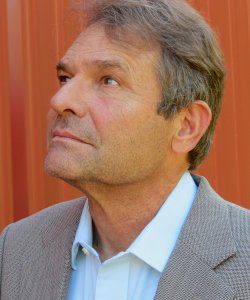
The strange and beautiful universe of Denis Johnson’s fiction is marked by the enduring appeal of his 1992 story collection, Jesus’ Son.
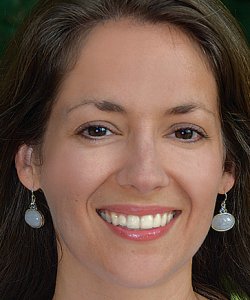
In the second installment of Where We Write, a fiction writer takes a trip back home to Hannibal, Missouri, the boyhood home of Mark Twain and the town that still inspires her work, long after she's moved away.
Novelist Eleanor Henderson discusses the beauty and necessity of backstory in fiction, offering a counterpoint to a previously published article in which novelist Benjamin Percy warned writers about the dangers of backstory.
Character calls forth writer. Writer calls forth reader. It seems straightforward—but is it? Novelist, filmmaker, and Zen Buddhist priest Ruth Ozeki explores the relationships embedded in every novel and work of fiction.

Fiction writer Aaron Hamburger got more than he bargained for when he signed up for a class in food writing. Instead of simply learning about a new genre, he also learned some valuable lessons about the one he'd been practicing for years.
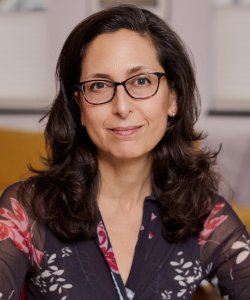
Novelist Daphne Kalotay argues the merits of silence, even when it follows the publication of an author’s book.
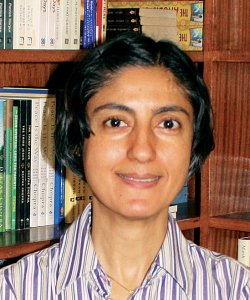
Contributing editor Stephen Morison Jr. reports on the literary community in Cairo, Egypt, interviewing authors, publishers, and booksellers about the ongoing protests, freedom of speech, and the future of Egypt.
Benjamin Percy cautions beginning writers to avoid overusing backstory in their fiction, offering strategies for moving the story forward by slipping a character’s history into the dramatic present.
After navigating a devastating crisis, husband-and-wife poets Craig Morgan Teicher and Brenda Shaughnessy reflect on the fortifying powers of poetry and their commitment to their marriage and one another’s work.
After reading about one famed writer’s seemingly carefree existence, novelist Jesse Browner ruminates on his personal decision to forego the romanticized bohemian life and contemplates every writer’s choice to pursue the trade-offs writers face between artistic aspirations or financial security.
The Grub Street literary center has created a long-form fiction class that might offer a cure for the novel-writing anxiety that the traditionally story-centric MFA workshop isn’t equipped to resolve.
While caring for her dying grandmother, author Lisa Saffran gained new perspective on the richness of life in language as well as a renewed perseverance as a creative writer.

A look at the psychology of writers block and how scientific studies in creativity offer insight into how writers can use the tools they already have to break through.
My confusion came from a curious warning. Awash in a sea of writers and would-be writers in a drab-walled meeting room at the Association of Writers & Writing Programs Conference a few years ago in Vancouver, B.C., I was listening to author Dinty W. Moore extol the virtues of creative nonfiction writing when suddenly he straightened his stout body and leaned across the podium. "Look out," he cautioned, his tone dire, "the journalists are coming!"
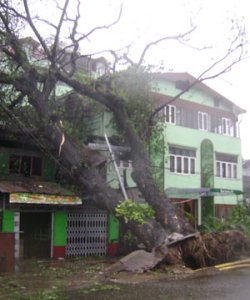
In the cyclone-ravaged country of Myanmar, where citizens face censorship and repression, contributor Stephen Morison Jr. speaks with authors who, despite the country's Orwellian police state, refuse to be intimidated and continue to write.

Joshua Bodwell explores the fiction behind this “writer’s writer” whose characters are as deep and complex as the man who created them.
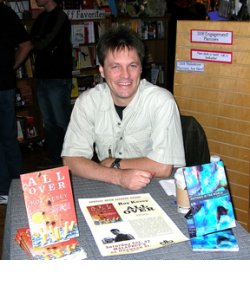
Beijing, despite its cheap food and beer—two dollars worth of Chinese yuan will buy you a nice Chinese meal or a twelve-pack of Tsingtao beer—has yet to become the Paris of the 21st century, but an expat fiction scene is beginning to emerge.
Why do some writers prefer company and background noise, while others need isolation? Why do some need the magical monotony of sameness, and others the inspiration of variety? What does it mean for a writer to be locked into a place? What does place even mean to a writer?
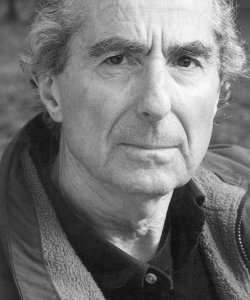
A literary look at the career of prolific author Philip Roth, our Great American Novelist.
Let me be the last—the absolute dead last—to point out that we're in the midst of a memoir craze. My favorite form of procrastination used to be computer solitaire, but now I prefer to chat on the phone with my writing friends and discuss the ongoing boom in autobiographical literature. We speculate like housing developers prognosticating on the real estate market. Will the bubble pop? Will prices continue to rise? Will market trends ever again veer toward literary fiction?
It took a long time to write these words. I'm not referring to the psychosomatic affliction known as writer's block. I mean the delays caused by the process of composition and revision.
From Thoreau to Arthur Miller for centuries writers have been escaping to personal cabins—some even hand built by the writers themselves—for the solitude necessary to slip inward.
At no time on my book tour did I jump up and down, wave my fists, and scream, “It’s a novel! That means fiction!” At least I don’t think I did. It’s hard to be sure, because, in my head, I had that tantrum about three times daily as I traveled from town to town in southern Michigan, reading, signing books, and attending the Ann Arbor Book Festival. You see, my novel, Flight, was set in that region, where I had lived during my high school and college years.